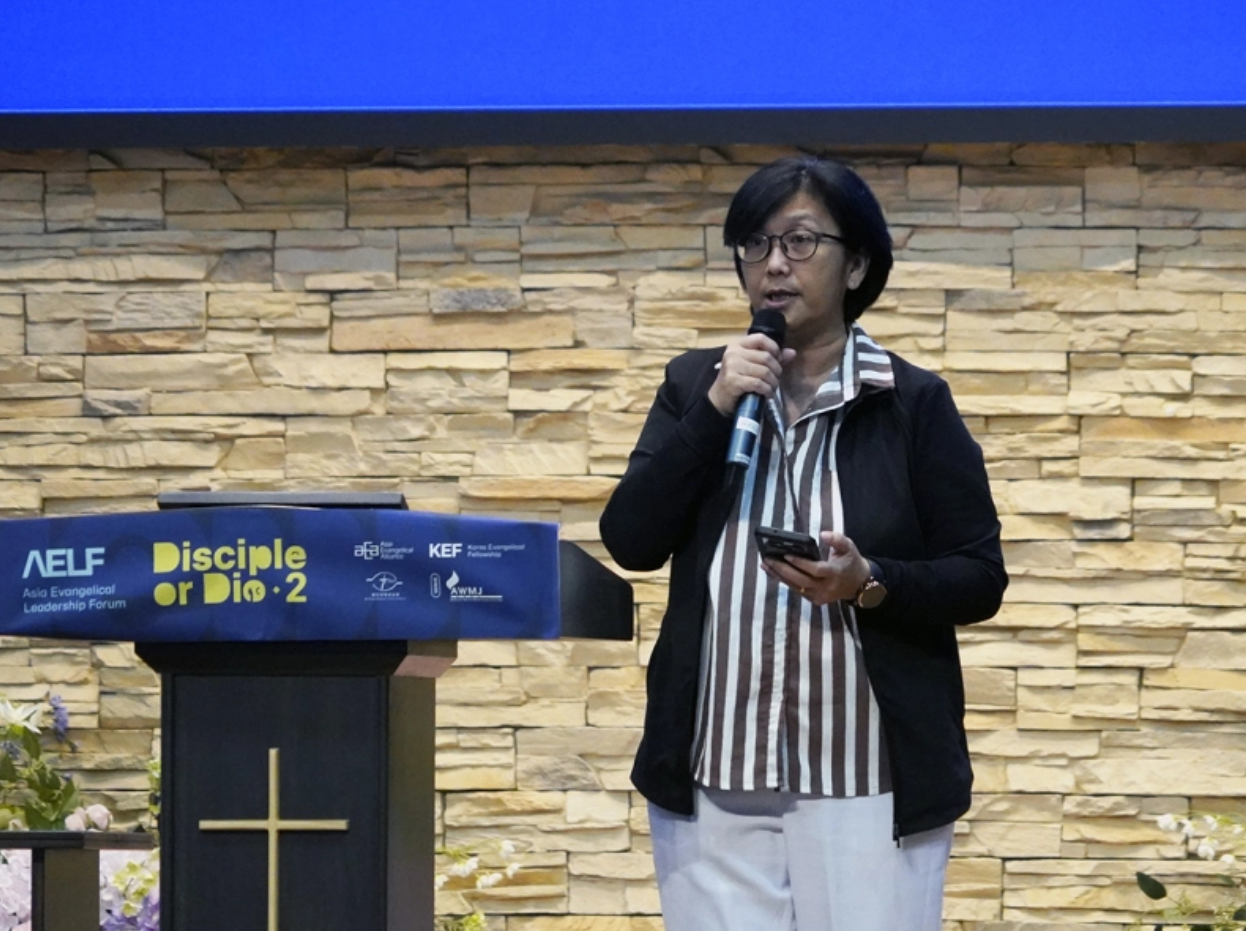Countries attending the UK government’s Ministerial on Freedom of Religion or Belief (FoRB) in London have denounced sexual and gender-based violence against minority women and girls.
The statement on gender equality was signed by the representatives of 18 countries, including the UK.
It notes “with concern” that millions of women and girls are experiencing “discrimination, inequality, and violence on the grounds of both their religion or belief and their gender, whether at the hands of state or non-state actors”.
“Women from religious or belief minority groups and indigenous communities, women who are atheists or humanists, and women whose convictions otherwise differ from those of the majority, may be vulnerable or in vulnerable situations,” the statement reads.
However, the statement also seeks to advance abortion access by stating that laws restricting “women’s and girls’ full and equal enjoyment of all human rights, including sexual and reproductive health and rights, bodily autonomy, and other laws that justify, condone, or reinforce violence, discrimination, or inequalities on the grounds of religion, belief or gender should be repealed”.
In a statement on conflict and insecure contexts, 24 countries said, “We recognise that religion or belief can serve as an identity marker, often alongside other identifiers such as ethnicity, gender, race and political, putting minority communities at risk of increased hostility, discrimination and violence in conflict or insecure environments.
“We deplore that rates of sexual and gender-based violence increase in conflict and insecure environments, and can be used as a tool to destroy communities.”
The statement commits signatory nations to promote the “important” role of faith leaders in tackling sexual and gender-based violence in conflict zones, and addressing the problem of stigma faced by survivors.
The two-day ministerial is bringing together over 500 government, faith and civic leaders from around 50 countries to address current challenges to FoRB and explore ways in which they can work together to promote and protect it.
Read full article here
(c) The Christian Today, used with permission.




